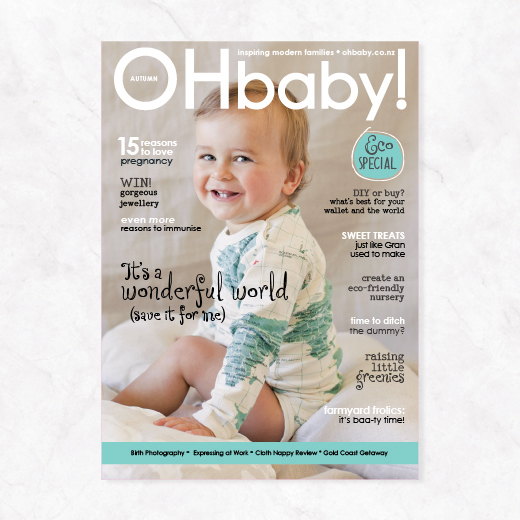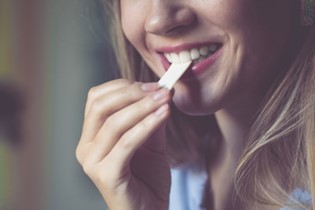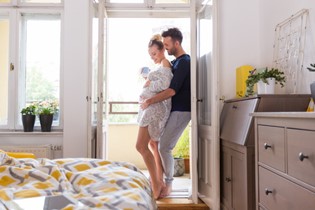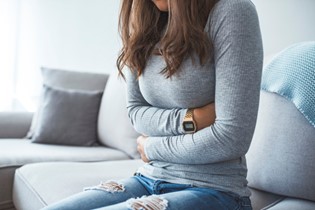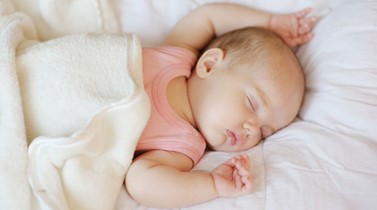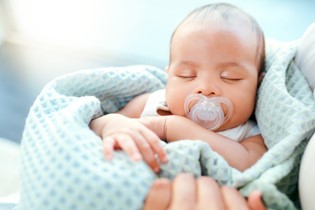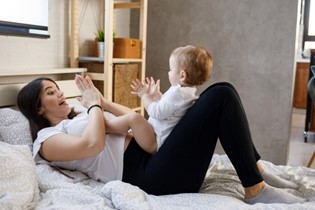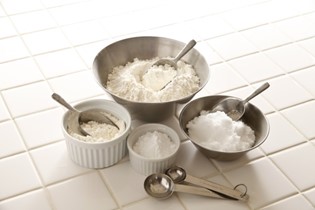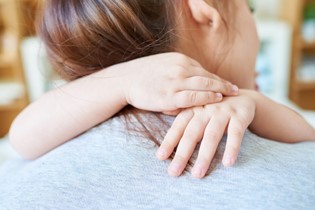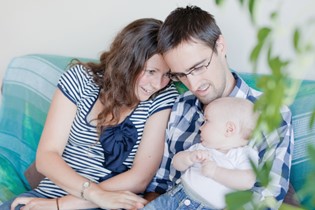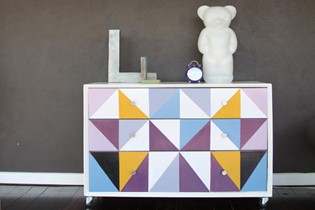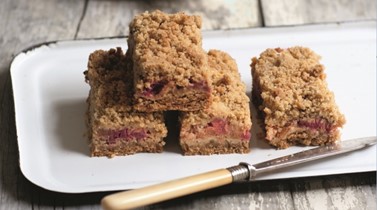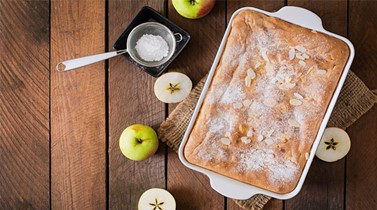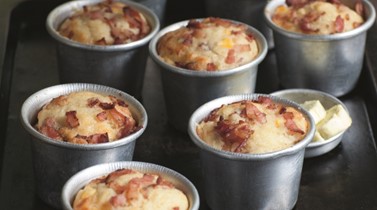Eco-Family - Going Off The Grid Can Change Your Life
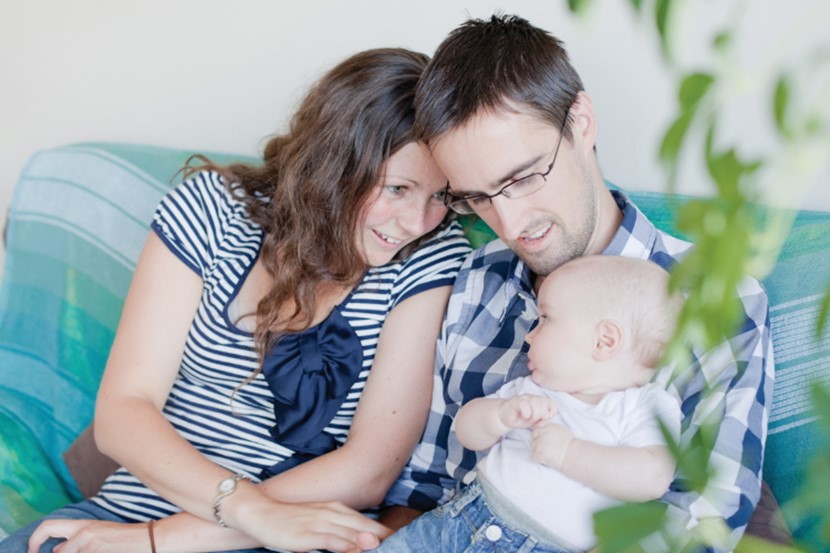
How Auckland couple Andrew and Maxine Finlay turned their lives around after going off the grid in Vanuatu.
In a tiny pocket of suburban Auckland lives a couple of greenies who are showing that you don't have to be hippies on a self-sufficient plot in the Waikato to live lightly on the Earth.
For Maxine and Andrew Finlay staying 18 months in a rural village of Vanuatu opened their eyes to a simpler, less cluttered way of life.
"If you make rubbish there it's in your face," says Maxine. It doesn't get taken away every week by a man in a truck.
Andrew says, "It was quite embarrassing for us to realise how quickly our rubbish built up," in stark contrast to the locals who would wrap their lunch in a banana leaf to take to work.
And harsh cleaning products would kill the grass outside their home, instead of being neatly piped away.
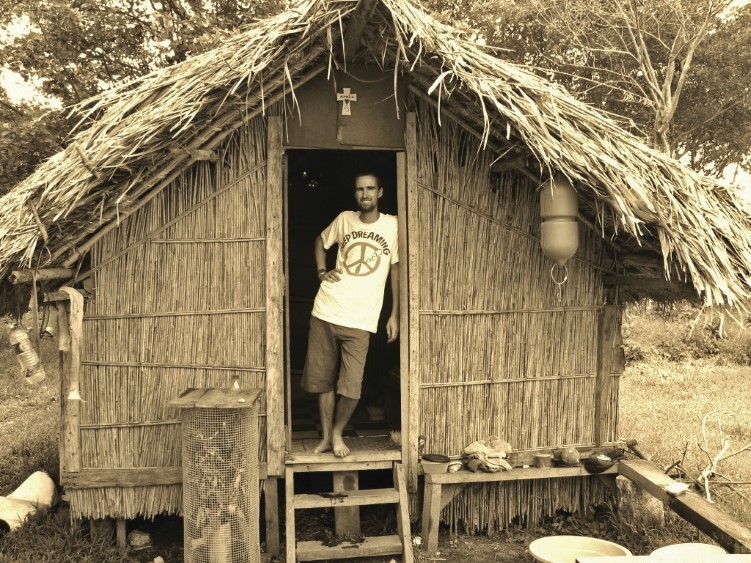
Maxine and Andrew lived in a grass hut without power or water on the island of Tanna and worked to help a village get better access to water. The project included building water tanks and structures to collect water, as well as working on sustainable and organic farming. It was initiated through their church in Auckland and supported by the TEAR Fund.
Strangely enough, despite regular tummy bugs through lack of clean water they felt the healthiest they'd ever felt in their lives.
"We were active, we worked outdoors, we ate well. We fell into a more natural rhythm, we slowed down…"
It was hard coming back to Auckland's fast-paced lifestyle.
In Vanuatu their neighbours were healthy and strong and didn't seem to suffer the allergies or asthma that plague the western world. Obesity was nowhere to be seen, except in the towns where fast food outlets proliferated.
The couple also learnt to be content with less. In the village they saw children playing with trucks they'd made out of old tuna cans and wood. And, yes, those kids loved getting brightly coloured plastic toys from New Zealand but that pleasure would be short-lived and within a few weeks the toys would end up on the rubbish heap.
In the village where Maxine had to describe, with some difficulty, what a washing machine was to the local women, nearly everyone had a mobile phone. You could buy one for $10 and top-ups cost only $2.
But it's no tropical paradise. There were hard times, when hurricanes destroyed the crops and the villagers had to rely on foreign aid and shared meals to survive.
Andrew says, "We came back really living differently. And we're learning to be a bit more contented with what we've got."
Maxine: "It's a constant tension. There's still the urge to go shopping but you know you don't really need to."
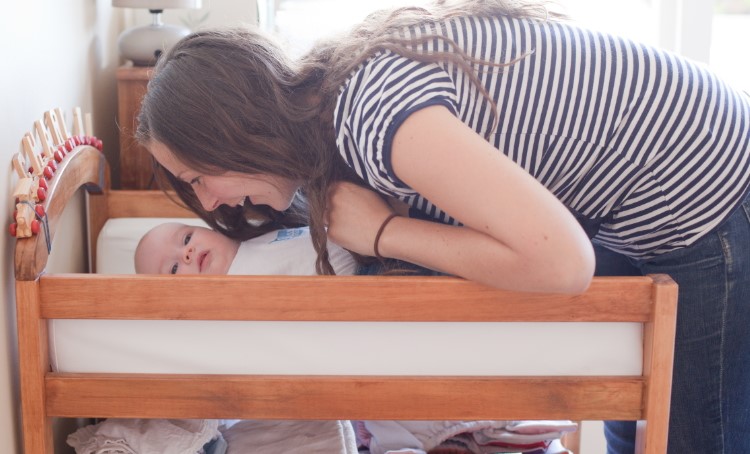
Charlie was born last October - a year after they returned from Vanuatu. It was a difficult birth and the pair were grateful for the top medical care they received - if they'd still been living in Vanuatu the outcome could have been very different.
One day Maxine and Andrew, a graphic designer, will buy their own home with a larger section. They'll have goats and chickens as they did in Tanna and a much larger vegie garden.
"It's definitely possible to do all that in Auckland," says Maxine. "We've seen how living green can work."
To be fully self-sufficient would be a full-time job. "But we could do about two-thirds, with chickens and the garden," she says.
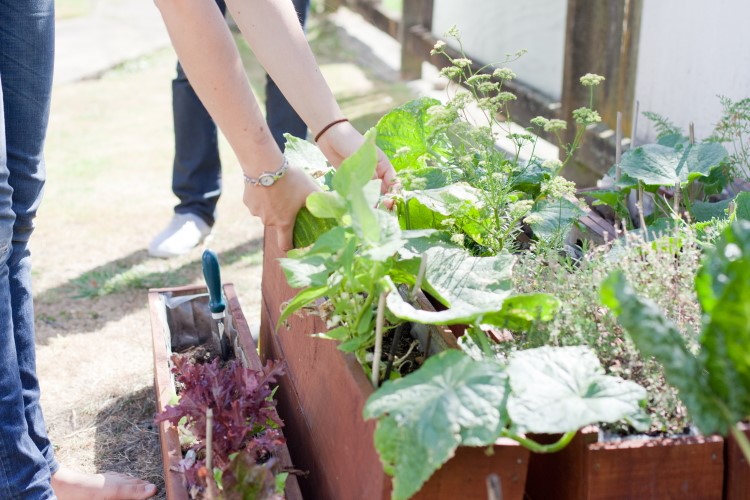
Maxine and Andrew use alternatives to conventional products which save money and avoid a toxic overload on the planet:
- They collect water from their washing machine to hydrate the garden. "Plants don't mind a bit of detergent and it keeps away the aphids."
- Use soap nuts to clean clothes. Grown on trees, soap nuts make mild suds when added to water.
- Make their own baby wipes from Chux cloths, washed until soft. They use warm water or a weak rooibos (red bush) tea solution to wipe baby Charlie's bottom because rooibos is good for the skin, particularly in cases of eczema.
- They clean the house with baking soda and vinegar bought in bulk from Wendyl Nissen's wendylsgreengoddess.co.nz site.
- They spent $300-400 on cloth nappies but that should save them at least $1000 a year on disposables.
- They grow their own vegies and use a chilli and garlic spray to deter garden pests. For the recipe see here. It's a small garden in a communal area outside their flat but it still provides a large chunk of their dinner every day.
- Insects don't like strongly scented plants so mint and basil plants fill the house to chase away flies. They light oil burners containing essential oil fragrances for the same reason.
- They shop at the supermarket but buy ingredients to make their own muesli etc rather than ready-made meals. It's cheaper and they can better control what they eat.
Photography by Sam Mothersole (www.sammothersole.co.nz)

AS FEATURED IN ISSUE 21 OF OHbaby! MAGAZINE. CHECK OUT OTHER ARTICLES IN THIS ISSUE BELOW
